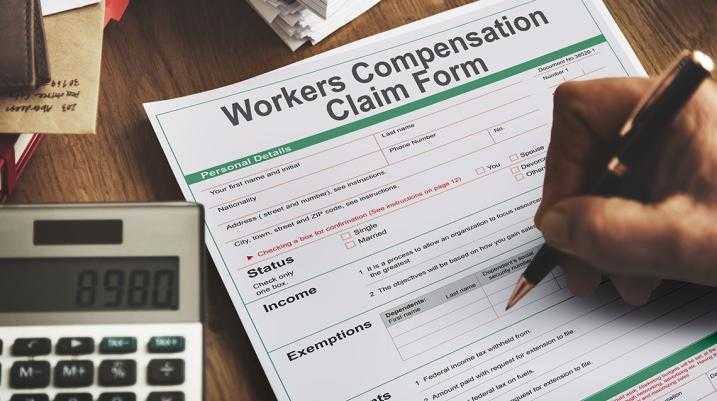What Does the Latest Florida Supreme Court Workers' Comp Decision Mean for Workers?

The Florida Supreme Court has once again struck down an aspect of the state’s workers’ compensation laws as unconstitutional, the second time in less than two months. The first ruling lifted the cap on attorneys fees, which led the insurance industry to propose rate hikes to workers’ compensation insurance that could end up costing Florida businesses. The latest decision is not likely to cause as big of a stir, but will still affect businesses and their employees.
In their decision, announced on June 9, the FLSC voted 5-2 in favor of firefighter Bradley Westphal, who claimed that a portion of the workers’ compensation system in Florida is unlawful. Under the current law, a temporarily disabled worker is only eligible for benefits for two years, but Mr. Westphal’s injury left him debilitated for a longer period.
After the two years was up, Mr. Westphal was barred from receiving additional benefits until his treating physician determined that he had reached maximum medical improvement. This left him unable to sue for benefits, while also not being eligible for any benefits under workers’ compensation, creating what the court called a “coverage gap.”
It is still unclear what effect this decision by the court will have on workers’ compensation insurance rates. Rates could likely go up if the insurance industry responds similarly to the court's ruling on the cap for what attorneys could charge per hour.
This is the last thing Florida businesses want to hear after the FLSC ruling on attorneys fees led the National Council on Compensation Insurance to propose to the Florida Office of Insurance Regulation a rate hike of 17.1 percent on workers’ compensation insurance.
Numbers like that recall the days of the late 1990s and early 2000s, when Florida was among the states with the highest workers’ compensation premiums in the entire country. However, some of the laws implemented to lower those rates are now being scrutinized by the court for stripping away too many benefits from workers.
For workers, this ruling is another victory. Not only does it make them eligible for more benefits so that no coverage gap ever develops, but it continues to underscore the bigger problems with Florida’s workers’ compensation system. Those will have to be addressed by the Florida legislature though, which does not meet again before March 2017.
At that time, a fierce fight between businesses and insurance companies and workers’ and their advocates will surely take place. Until then, a system that largely favors businesses and insurance companies will remain in effect.
If you would like to learn more about workers’ compensation, visit our workers’ compensation information page today.
Injured? Getting the compensation you deserve starts here.

Injured?
Not sure what to do next?
We'll guide you through everything you need to know.